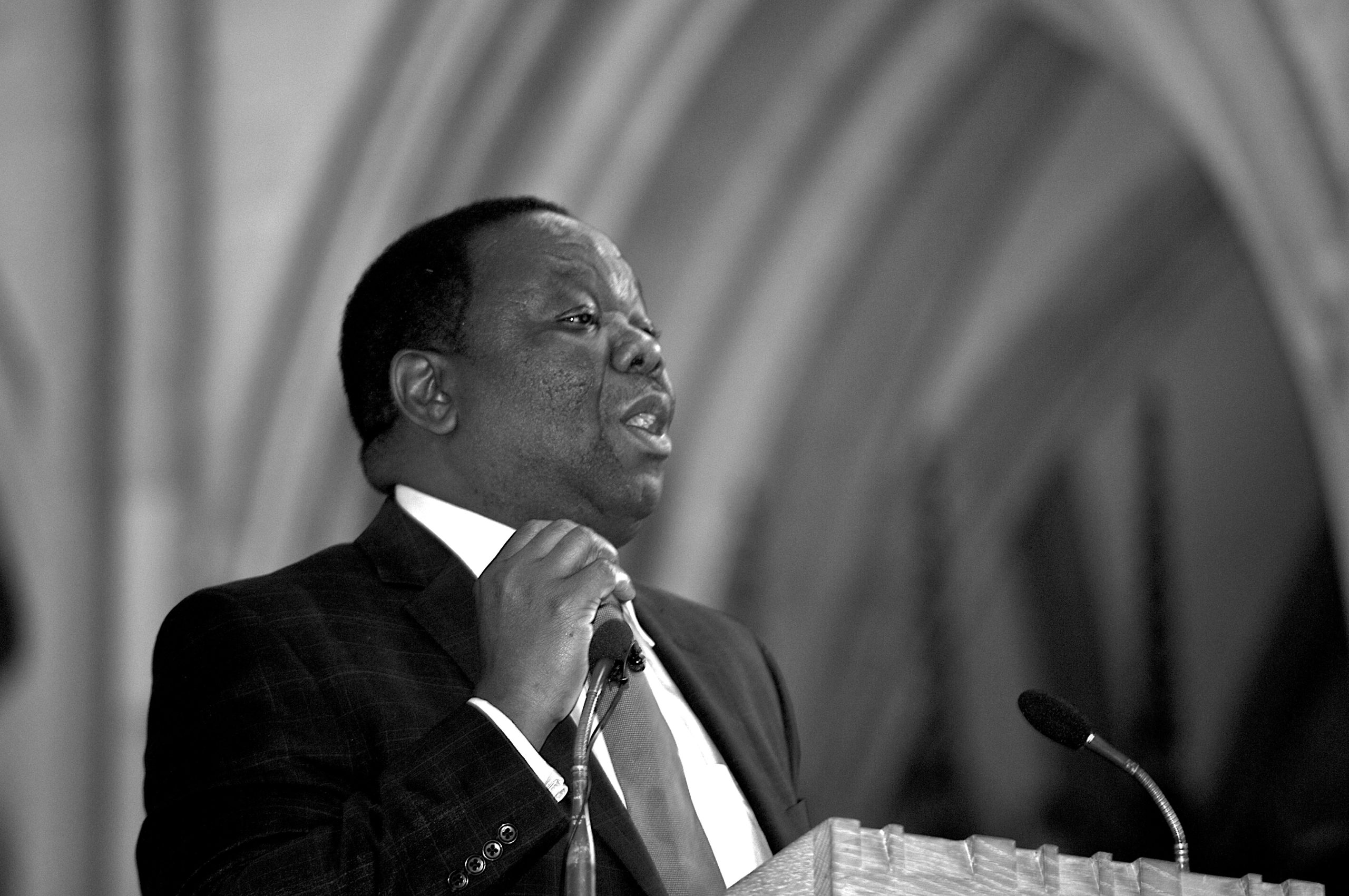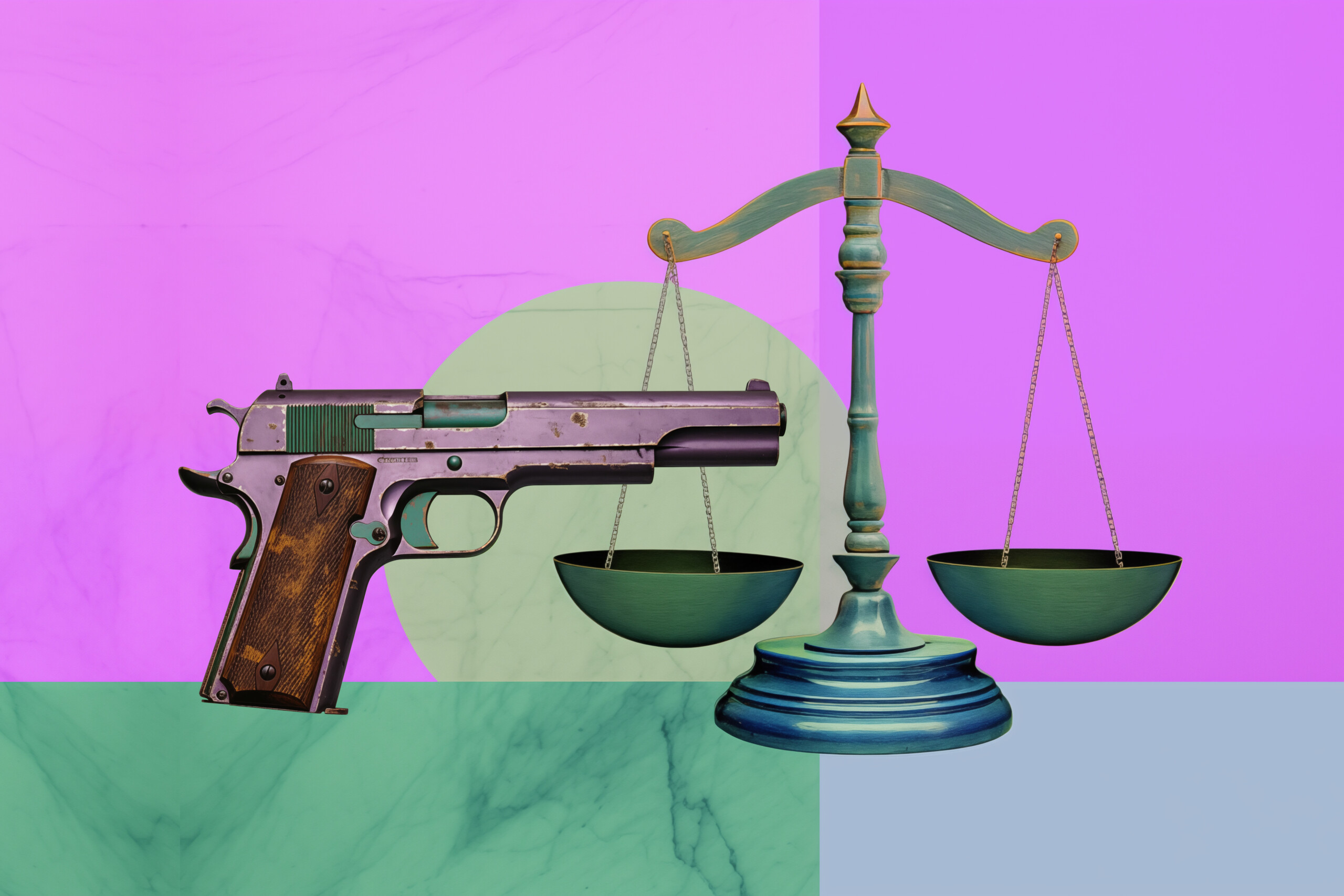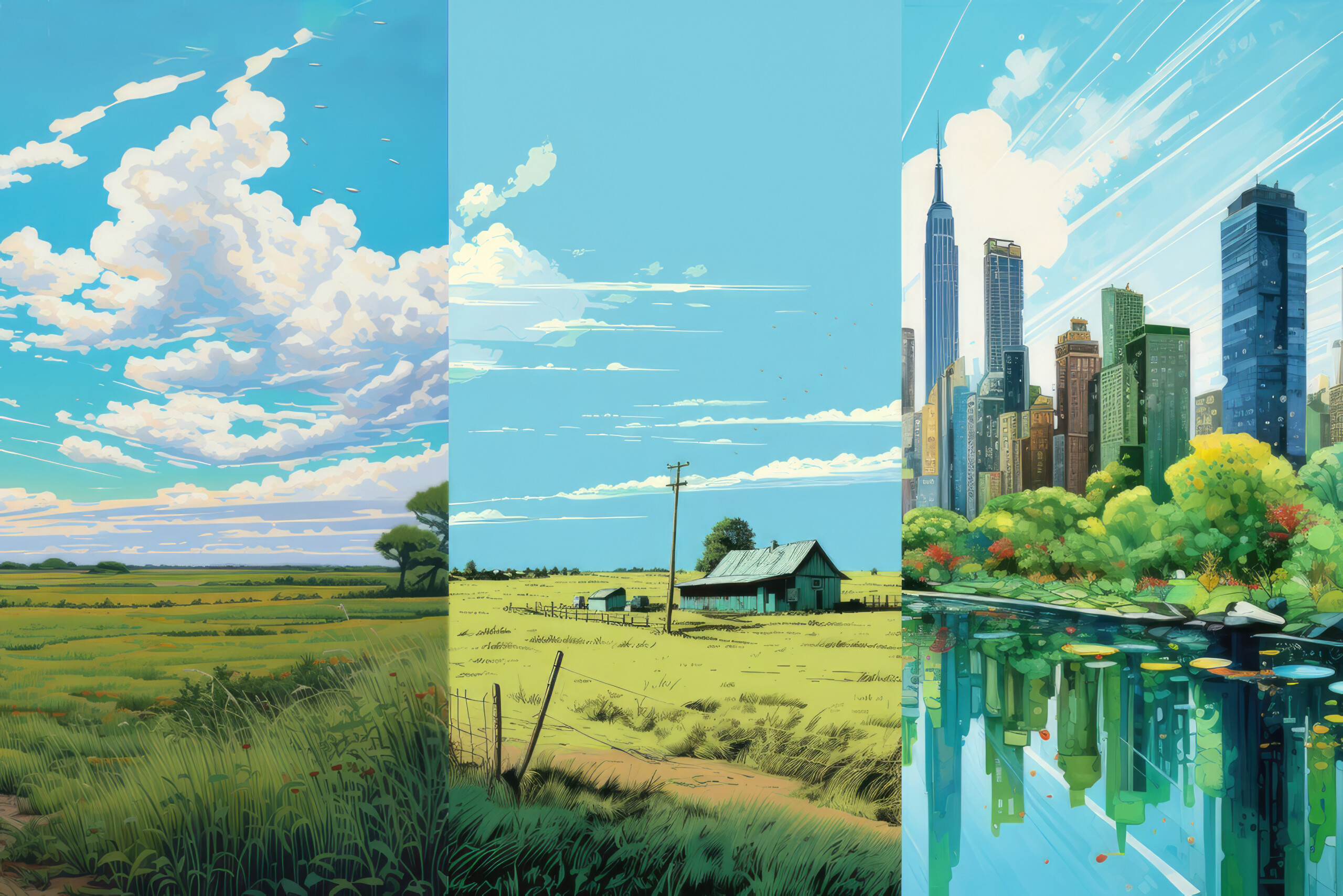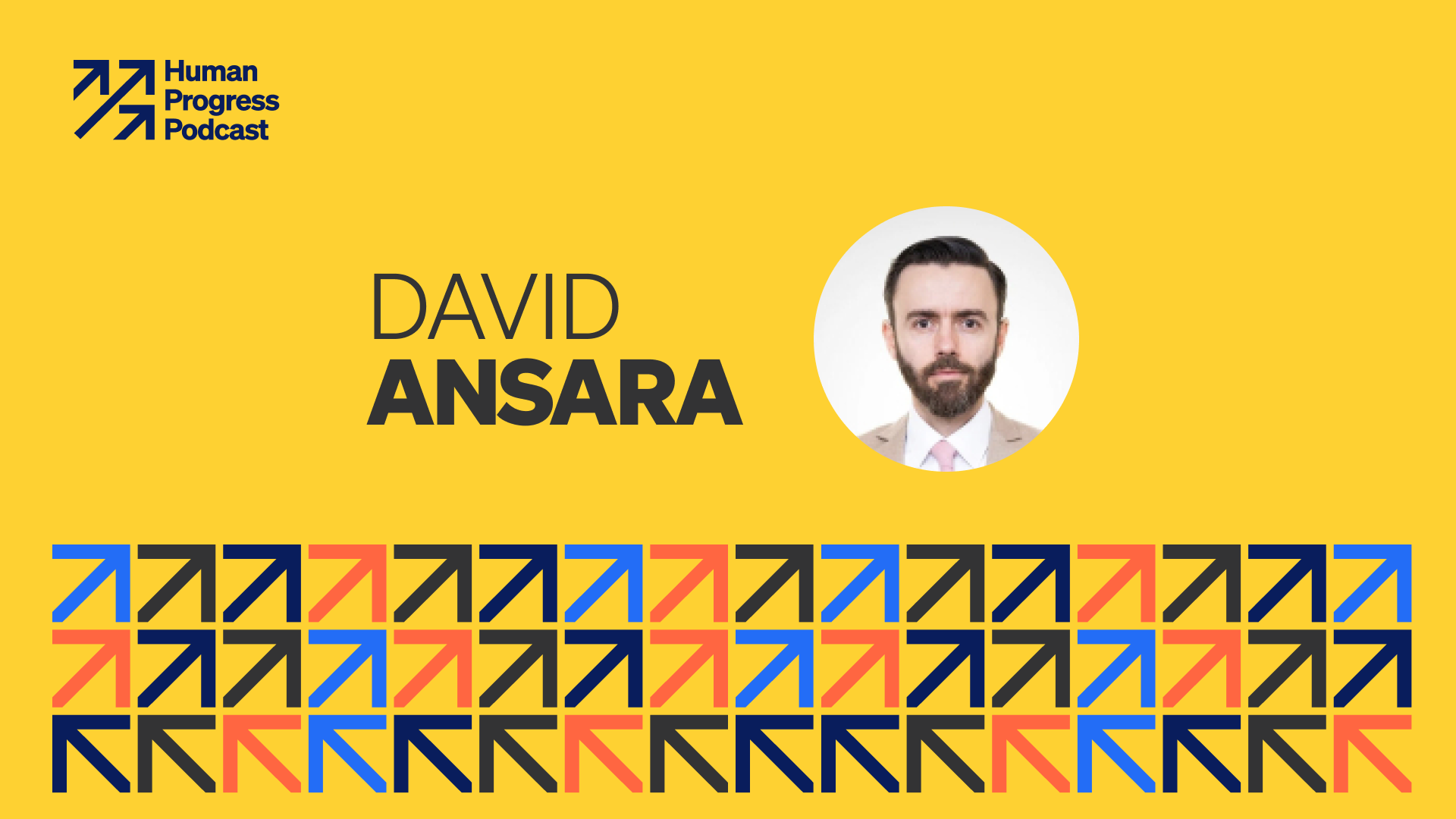Southern Africa had a memorable Valentine’s Day. In Johannesburg, the business heart of South Africa, Morgan Tsvangirai, the former Prime Minister of Zimbabwe, lay dying of cancer. Eighty kilometers away, in Pretoria, the country’s capital, Jacob Zuma was resigning as President. Tsvangirai stood for freedom, accountability and racial harmony. Zuma stood for the exact opposite. Today, we mourn the premature departure of the former and rejoice in the much delayed exit of the latter.
I met Tsvangirai only once. As the newly appointed Prime Minister of Zimbabwe, he came to the Cato Institute to recognise the work we have done to keep the sad story of Zimbabwe’s decline in the news in Washington, D.C. and to hear from a variety of policy experts about reforms that his government could implement to jump-start Zimbabwe’s moribund economy. He was humble and gracious. All of us were delighted to meet a man of Tsvangirai’s courage. We write about the struggle for freedom. He has lived it and had the scars to prove it.
Tsvangirai first rose to prominence as a trade union leader in the late 1980s. In 1989 he severed the labour movement’s ties with the government and organised a series of strikes against Robert Mugabe’s corruption and abuse of power. Over a decade later, he led the opposition to the dictator’s attempt to solidify his power in the 2000 constitutional referendum. Unexpectedly, Tsvangirai’s efforts paid off, earning him Mugabe’s implacable enmity. In fact, Tsvangirai would never again get better of his old foe. Committed to peaceful protest, he stood no chance against Mugabe’s murderous ruthlessness.
Years of harsh imprisonment, brutal torture and numerous assassination attempts followed. In 2008, Tsvangirai had, probably, won the presidential election, but widespread voter intimidation and electoral fraud spearheaded by Emerson Mnangagwa, Zimbabwe’s current leader, ensured that Mugabe remained in power. An economic collapse and hyperinflation forced Mugabe into a power-sharing agreement brokered by South Africa, with Tsvangirai becoming Prime Minister.
In retrospect, joining the power-sharing agreement with Mugabe turned out to be beneficial to Zimbabwe, but detrimental to Tsvangirai and his Movement for Democratic Change. The MDC received all the social and economic ministries, while Mugabe’s ZANU-PF party retained control over the “power ministries”, including intelligence, police and the military. Still, Tsvangirai and the MDC ministers did a reasonable job and the country began to recover.
In 2013, Mugabe comprehensively outmaneuvered his Prime Minister by calling an early election. With the voter rolls rigged in ZANU-PF’s favour by the “power ministries,” the MDC was defeated and Tsvangirai returned to the opposition bench. The position of Prime Minister was abolished and Mugabe, once more, reigned supreme. Once fully back in charge, the ageing dictator undid much of the progress that Zimbabwe had made during the power-sharing days. The return of hyperinflation and subsequent economic meltdown finally precipitated a military coup d’état in late 2017 and Mugabe’s replacement by his former henchman, Mnangagwa.
Meanwhile, south of the Limpopo, a man without character finished his descent into ignominy by resigning as President of South Africa. Jacob Zuma joined the African National Congress in 1959. Following arrest for anti-government activities and a stint in Robben Island prison alongside Nelson Mandela, he went abroad, where he continued in the struggle against apartheid. By 1977, he rose to the leadership of the exiled ANC. He also became a member of the politburo of the South African Communist Party, which he joined, along with many other ANC leaders, in the 1960s.
Following the unbanning of both parties by President FW De Klerk in 1990, Zuma returned to South Africa, where he was given an assignment requiring truckloads of ruthlessness and duplicity. He was tasked with suppressing the ANC’s main rival, the Inkatha Freedom Party, which dominated the political landscape in Zuma’s native province of Natal. Thousands of people died in the ensuing violence.
After the ANC crushed Inkatha in the 1994 general election, Zuma’s efforts were rewarded with a series of senior party positions, culminating in the Deputy Presidency of the ANC and, consequently, Deputy Presidency of South Africa. It was also during this time that Zuma got his first taste of ill-gotten riches.
After the ANC came to power, the party’s top priority was to rebuild South Africa’s military, which was deemed to be much depleted after decades of international sanctions. The rearmament program was not, strictly speaking, necessary. South Africa has no regional rivals or enemies. But the multi-billion dollar contracts provided the greedy ANC elite with a fabulous opportunity for self-enrichment.
As Andrew Feinstein amply documents in his book After the Party: Corruption, the ANC and South Africa’s Uncertain Future, one of Zuma’s jobs at this time was to cover the tracks of Mandela’s Defence Minister Joe Modise, who received kickbacks from some of the world’s leading arms manufacturers. Zuma himself was permitted to dip his beak in the military contracts through an intermediary – a corrupt businessman named Schabir Shaik.
A court, which sentenced Shaik to 15 years in jail, revealed the relationship between the two men, forcing Thabo Mbeki, who replaced Mandela as South Africa’s President, to fire Zuma from the number two post in the government. Crucially, as we shall see, Mbeki could not fire Zuma from the number two position in the ANC.
Facing 783 counts of alleged corruption, fraud and racketeering, Zuma faced one final humiliation – a rape accusation. In the trial that followed, the court decreed that the unprotected sex between the polygamous Zulu and an HIV-positive family friend was consensual. Offering a glimpse of Zuma’s limited intellectual capacity, South Africa’s future President noted that he was not worried about becoming HIV-positive, because he took a post-coital shower.
So, how did a brutal, corrupt, semi-literate and, possibly, feeble-minded philanderer become the leader of Africa’s richest and most powerful country? The answer lies in the character of the political party he came to personify. The ANC ceased to care about ordinary South Africans long ago. A quarter-century in power reduced it into little more than a vehicle for elite empowerment and self-enrichment. Zuma, with his deep pockets, excellent patronage network and a ruthless streak, cobbled together an ANC majority that elevated him to the Presidency in 2009.
During his tenure in office, Zuma proved to be a figure of both terror and amusement. He loved publicly to sing his favourite song about machine-gunning South Africa’s white farmers, while being unable to read out large numbers in his speeches. More corruption scandals, including massive expenditure on his private residence at the state’s expense and dodgy dealings with shady Indian businessmen who received lucrative contracts from the South African government, followed. He even tried to get one of his ex-wives to replace him as the head of the ANC.
Zuma’s luck finally ran out late last year, when Cyril Ramaphosa, a former labour leader, narrowly defeated Nkosazana Dlamini-Zuma in the contest for the Presidency of the ANC. Ramaphosa, in turn, asked Zuma to step down as South Africa’s President. When Zuma refused, Ramaphosa threatened the former with a vote of no confidence in Parliament. Bowing to the inevitable, Zuma resigned.
In life, Tsvangirai suffered extraordinary hardships. In death, he deserves to be remembered as a moral giant. Jacob Zuma, in contrast, has enjoyed luxuries and adulation befitting one of Africa’s “big men”. He will remembered as a corruptor of South Africa’s democracy, and a destroyer of its once vibrant economy as well as its formerly stellar international reputation.
This first appeared in CapX.





